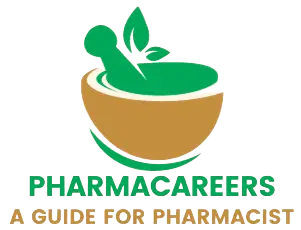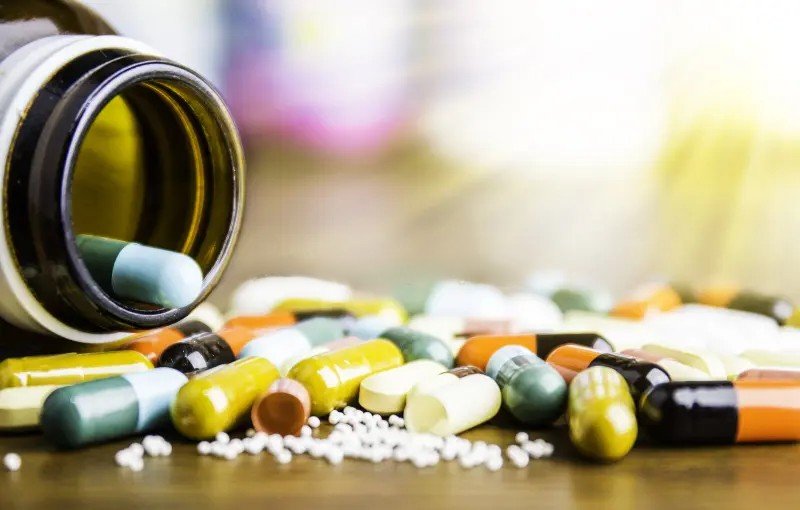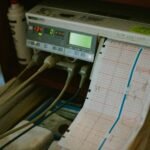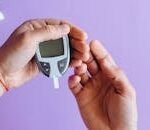-
Blogs, Biochemistry, Biostatistics, Biotechnology, Chemistry, Community Pharmacy, Hospital Pharmacy, Human Anatomy And Physiology, Inorganic Chemistry, Medicinal Chemistry, Microbiology, Miscellaneous, Novel Drug delivery Systems, Organic Chemistry, Pathophysiology, Pharma Updates, Pharmaceutical Analysis, Pharmaceutical Jurisprudence, Pharmaceutics, Pharmacognosy, Pharmacology, Pharmacy, practice mcq, Previous Question Papers, Social Pharmacy, Study Material
NEET-SS Pathology Exam 2025: Ultimate Guide to Ace Your Preparation

The NEET-SS Pathology exam is scheduled for November 2025, and if you are aspiring for DM/ MCh Oncopathology or other super-specialty programs, early and structured preparation is essential. This guide will help you navigate the best resources, mock tests, and study materials from eLearningFRCPath to boost your performance. Why NEET-SS Pathology Requires Focused Preparation The
-
Cultivation of Drugs of Natural Origin
Introduction Cultivation of plants to get medicinal benefits from it requires intensive care and management. The condition and duration of cultivation is depending on quality of medicinal plant required. Cultivation involves precise control of various factors like rainfall, irrigation, fertilizers, pests, humidity, light and temperature. Proper cultivation helps to get better quality and purity of
-
Plant Growth Hormones and Their Functions
Introduction Plant requires light, water, oxygen and nutrition for proper growth and development. All these are the extrinsic factors. Plant also needs some intrinsic compounds to signal, regulate and control their growth and development. These intrinsic compounds are known as plant growth regulators or plant growth hormones or phytohormones. Plant growth hormones are organic chemical
-
Collection of Crude Drugs
Introduction Collection of crude drugs influenced by various factors like season, time, age of plants etc. Hence it is important to collect the crude drug during appropriate season or time period to get the maximum quality product from the source materials. The quantitative and qualitative concentration of active chemical constituent varies with the stages of
-
Pharmacognosy: Drug Adulteration and Drug Evaluation
Introduction The therapeutic potential of drugs obtained from natural sources has been recognised by humans for centuries. A rich history of traditional system of medicines gives in-depth knowledge about therapeutic uses of drugs of natural origin. Now a days also drugs of natural origin is popular because of minimum side effects compared to modern system
-
Pharmacognosy- Classification of Drugs
Introduction There are thousands of plant species used as medicine. The drugs used in Indian traditional systems of medicines are 90% based on plant sources. These drugs are considered to be safe, cost effective and having minimal side effects. To study the individual drug, from variety of drugs sources and their uses, one must use
-
Organized and Unorganized Crude Drugs
Introduction The chemical substances from natural origin, either used directly or indirectly without modifying its chemical composition is called as crude drugs. Crude drugs mainly categorize in two main categories one is organised crude drugs and other is unorganised crude drugs. Organised crude drugs are the direct organs of the plant or animals for example,
-
Pharmacognosy: History, Development, Scope and Sources of Crude Drugs
Introduction Pharmacognosy word is derived from two Greek words, pharmakon means drugs and gignosco means to acquire knowledge of something. The term pharmacognosy is first termed by German scientist Seydler (1815), in his work “Analacta Pharmacognistica”. Pharmacognosy is the systemic study of crude drugs obtained from natural origin like plant, animal and minerals. Pharmacognosy is
-
Traditional Systems of Medicine
Traditional Systems of Medicine Traditional systems of medicine includes diverse health practices, approaches, knowledge and beliefs incorporating plant, animal, and/or mineral based medicines, spiritual therapies, manual techniques and exercises which can be used to maintain wellbeing, as well as to treat, diagnose or prevent illness. India is famous for its traditional systems of medicine like Ayurveda, Siddha,
Search
Recent Posts
- Tideglusib: Uses in Periodontal Regeneration, Bone Healing & Future Dental Therapies
- New Year Party Detox: A Complete Guide to Heal Your Body After Alcohol, Smoking & Junk Food
- Treadmill Test (TMT): Purpose, Procedure, Indications, Interpretation, and Clinical Significance
- 2D Echo Test (Echocardiography): Uses, Procedure, Normal Values, Cost, and Clinical Importance
- The Ultimate Guide to Glucometers: Types & Uses Explained
Categories
- Biochemistry
- Biostatistics
- Biotechnology
- Blogs
- Chemistry
- Community Pharmacy
- Diagnostic tests
- Disease & Conditions
- Drug Index
- Featured Blog
- Hospital Pharmacy
- Human Anatomy And Physiology
- Inorganic Chemistry
- Lifestyle & Wellness
- Medicinal Chemistry
- Microbiology
- Miscellaneous
- Novel Drug delivery Systems
- Organic Chemistry
- Pathophysiology
- Pharma Instruments & Devices
- Pharma News & Updates
- Pharma Updates
- Pharmaceutical Analysis
- Pharmaceutical Jurisprudence
- Pharmaceutics
- Pharmacognosy
- Pharmacology
- Pharmacy
- practice mcq
- Previous Question Papers
- Social Pharmacy
- Study Material
Archive
- January 2026 (1)
- December 2025 (5)
- November 2025 (1)
- October 2025 (1)
- September 2025 (7)
- August 2025 (7)
- July 2025 (6)
- June 2025 (9)
- May 2025 (9)
- April 2025 (10)
- March 2025 (13)
- February 2025 (13)
- January 2025 (20)
- December 2024 (48)
- November 2024 (49)
- October 2024 (64)
- September 2024 (62)
- August 2024 (58)
- July 2024 (56)
- June 2024 (25)
- May 2024 (17)
- April 2024 (19)
- March 2024 (21)
- February 2024 (18)
- January 2024 (24)
- December 2023 (13)
Tags
biochemistry bpharmacy third semester Construction free practice mcq inorganic chemistry microbiology microbiology mcq pathophysiology Pharmaceutical Engineering pharmaceutics Pharmacology pharmacy practice mcq physical pharmaceutics physical pharmaceutics 2 practice MCQ for govt pharmacist exam







